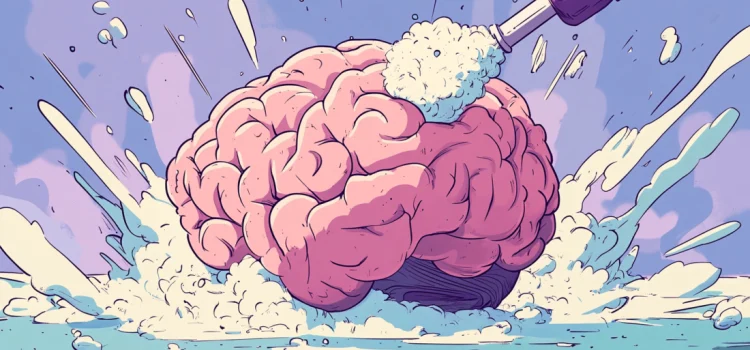Does anxiety take control of you sometimes? Is it possible to break free from the endless cycle of overthinking? Managing anxiety and overthinking isn’t a mysterious process; it’s a skill anyone can develop. Expert insights and practical strategies can help transform overwhelming thoughts into manageable ones, leading to a calmer and more balanced life. Keep reading to discover how to overcome overthinking and anxiety with five proven approaches that can help you regain control of your thoughts and emotions.
How to Overcome Overthinking and Anxiety: 5 Key Strategies










